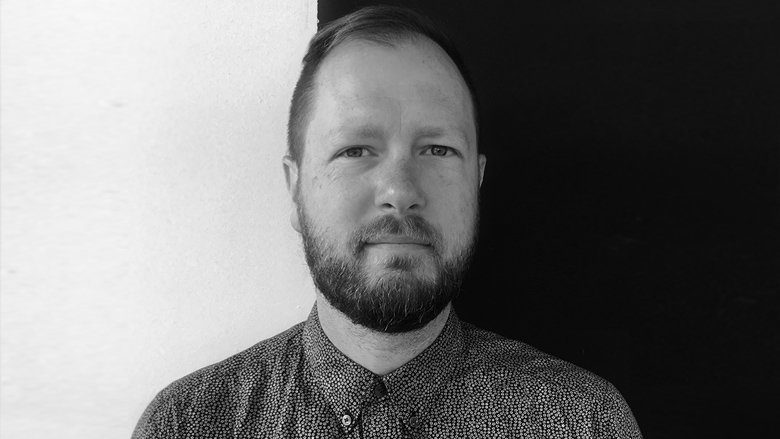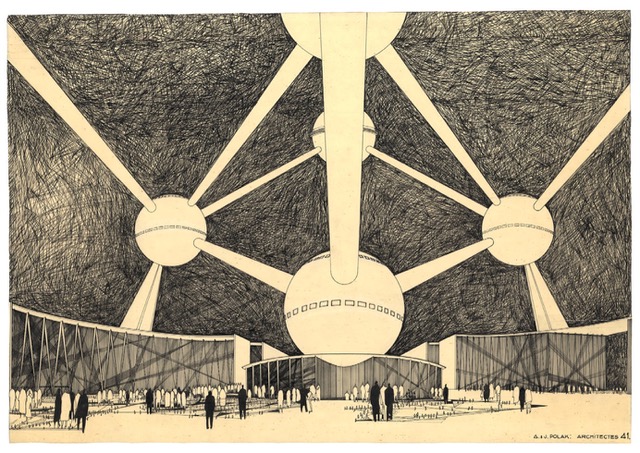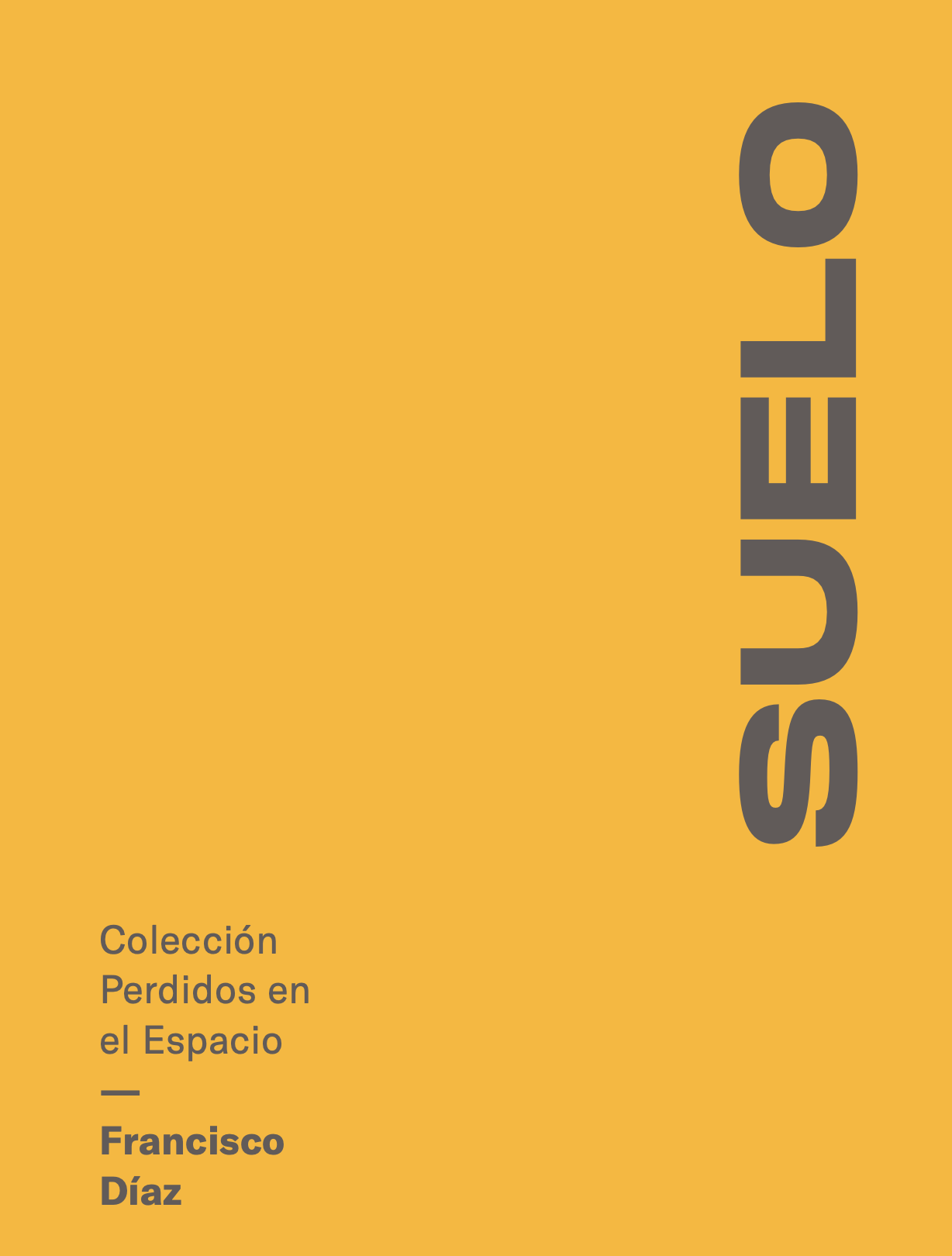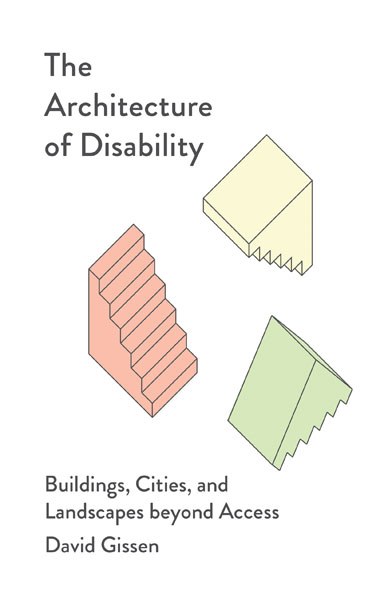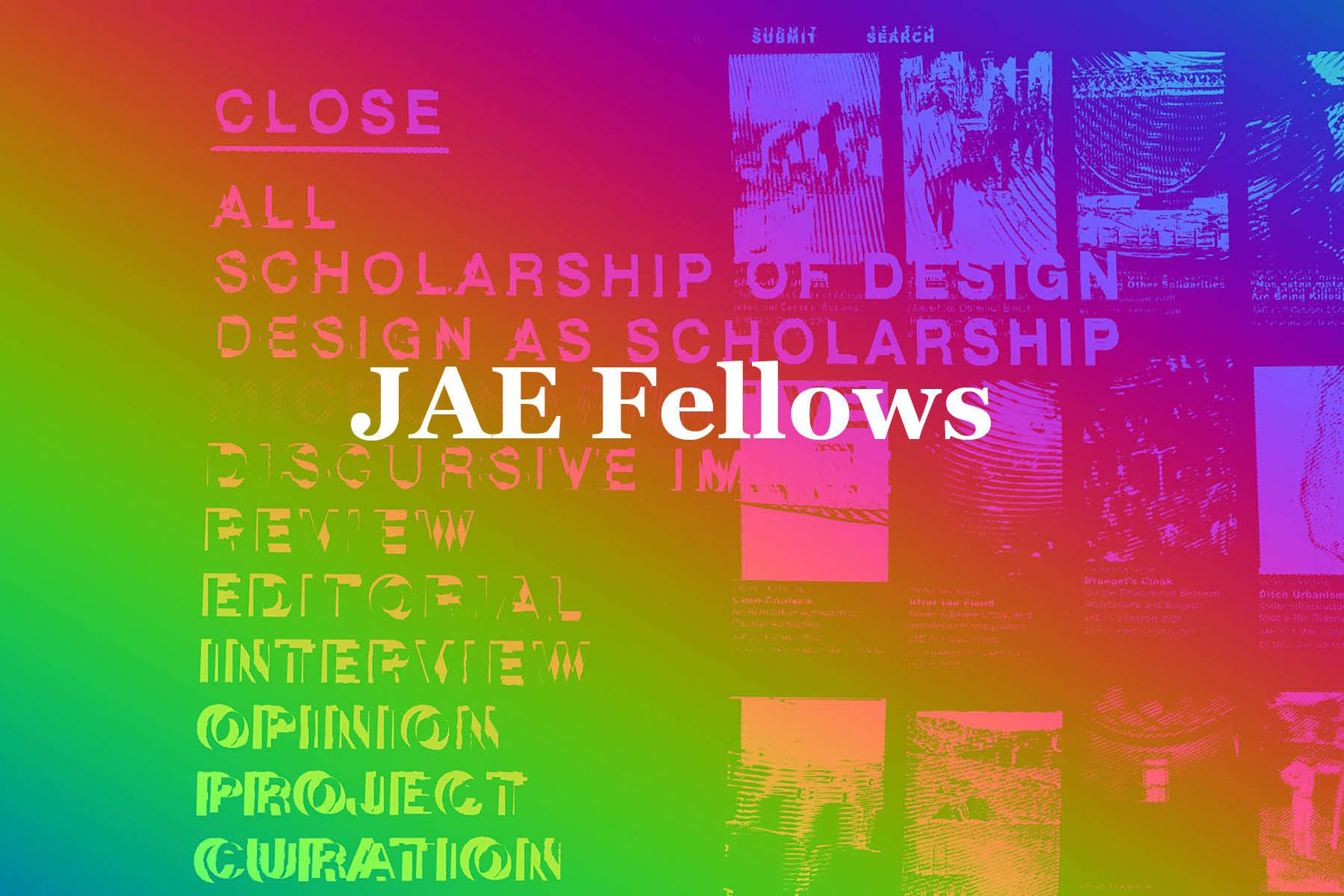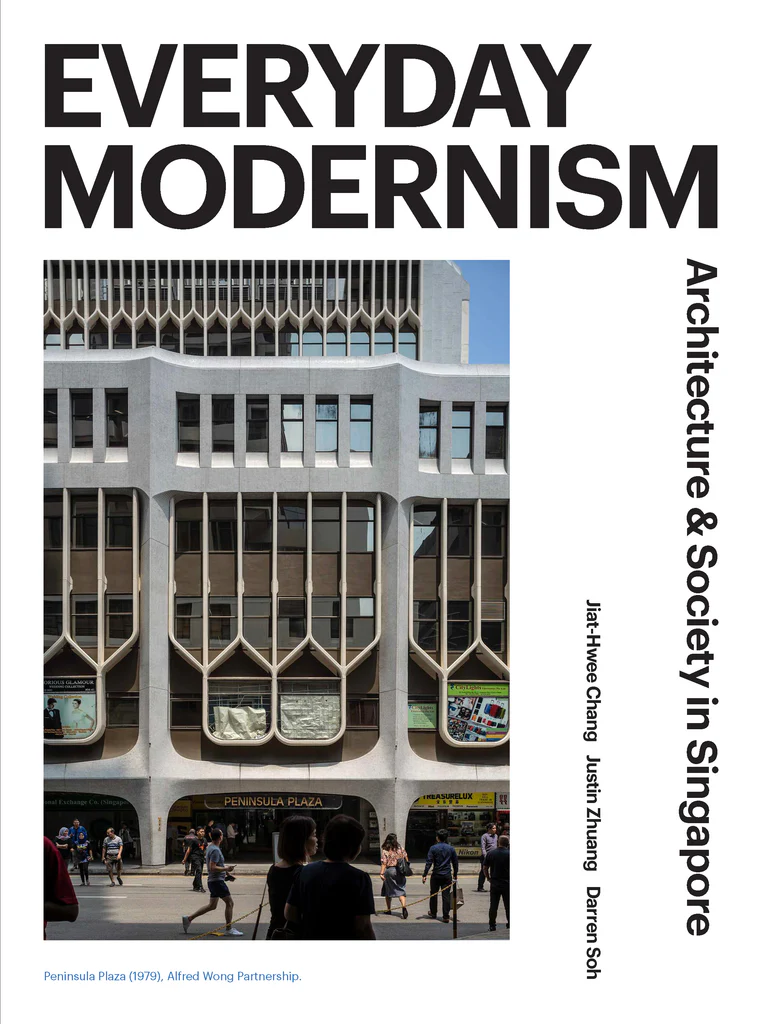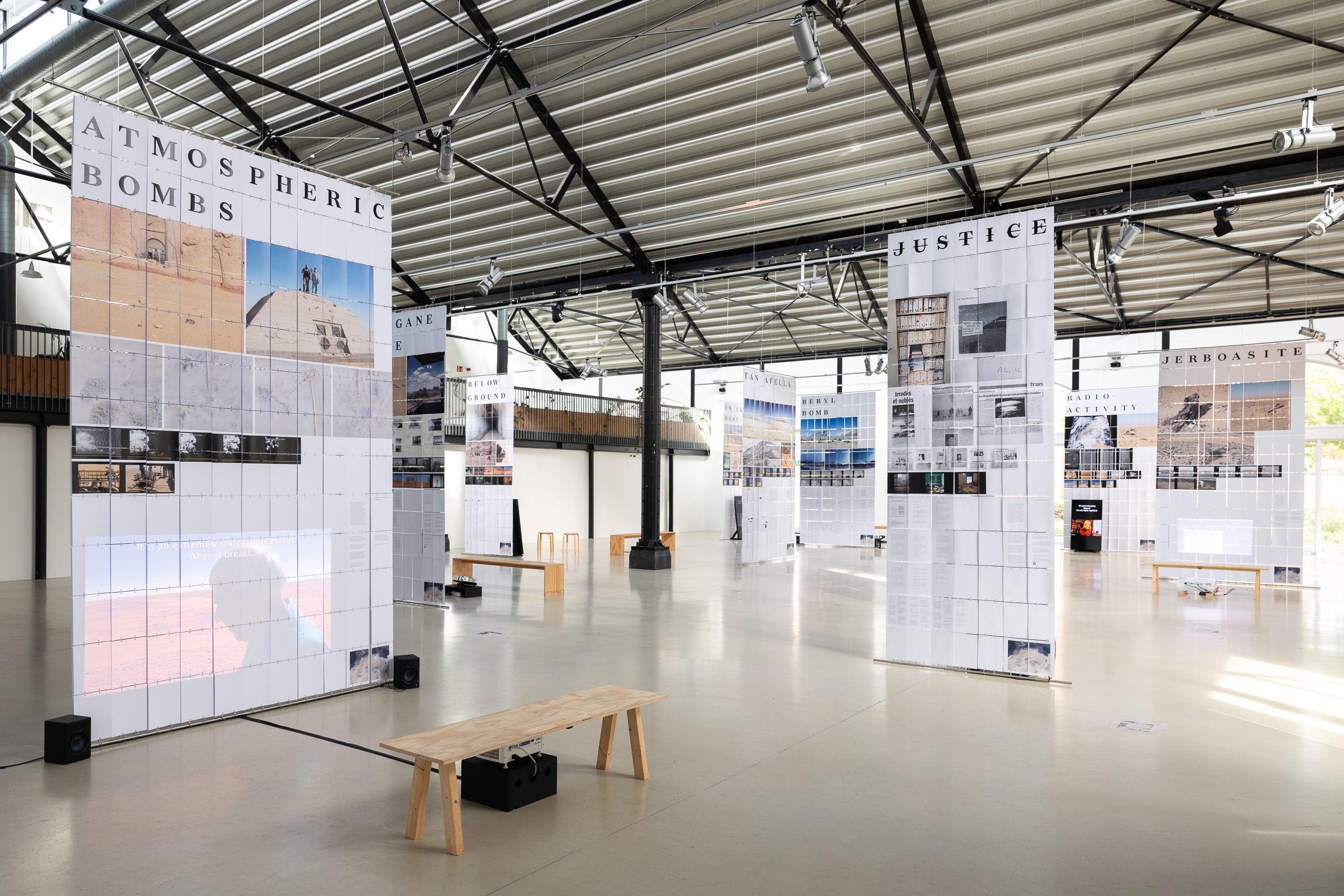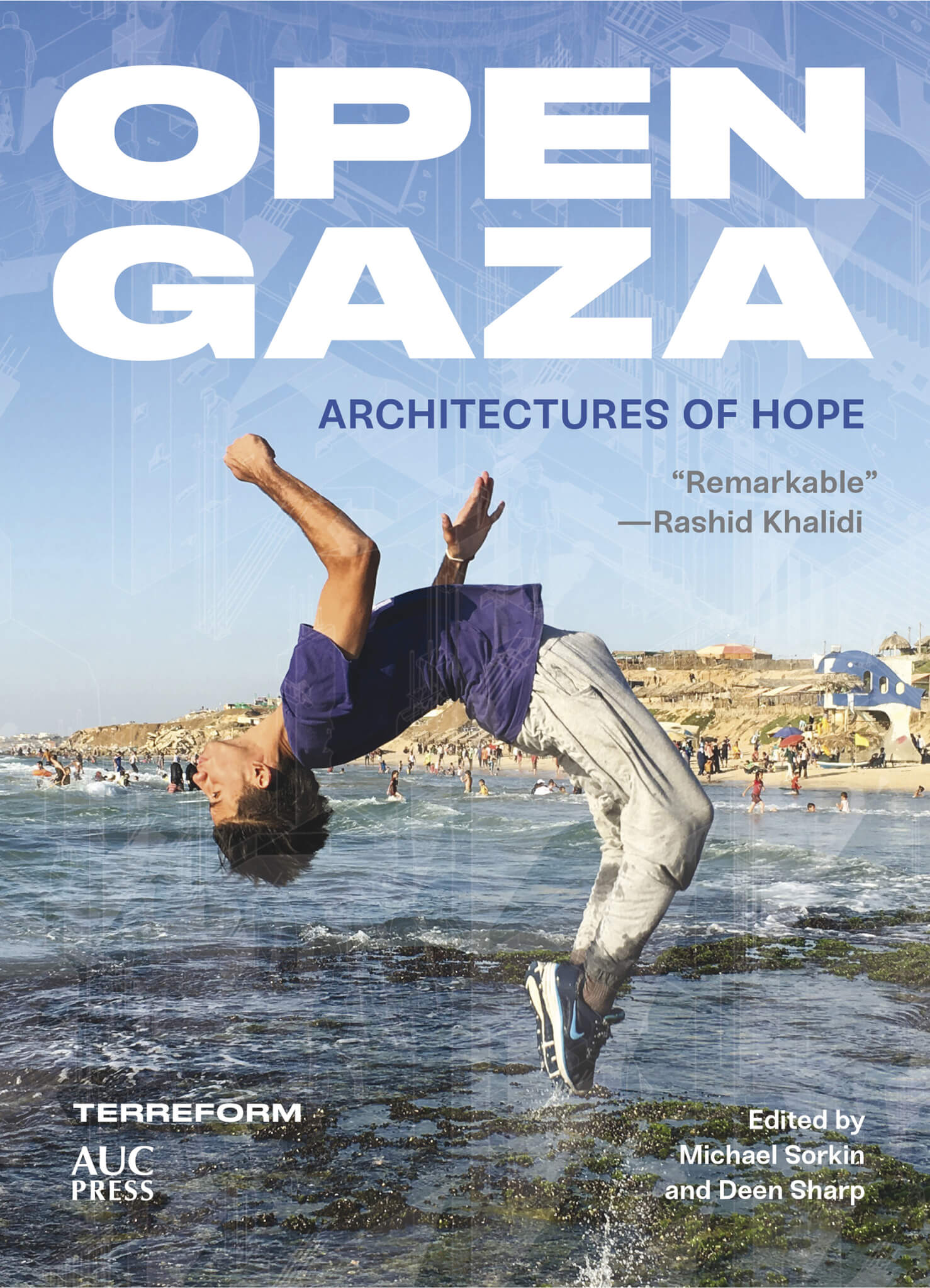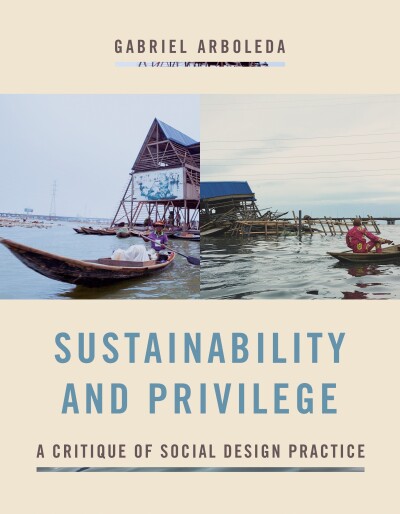In the face of the ongoing Israeli genocidal campaign against Palestinians in Gaza, this issue of the Journal of Architectural Education calls for urgent reflections on this historical moment’s implications for design, research, and education in architecture. This volume will build on existing knowledge, research and publications to continue to learn from and with practices of resistance to the Zionist, militarist, carceral, and capitalist regime of Israeli settler colonialism and apartheid. Refusing systemic military annihilation, containment, fragmentation, erasure, and designed uninhabitability in the ongoing Nakba, Palestinians have practiced anti-colonial life- and land- protection, from marches of return to siege and prison breaks, from rebuilding homes and institutions to constructing cooperative farms and infrastructures of mutual care, from archival retrievals and documentation to anti-colonial educational platforms. Solidarity movements worldwide have joined in practicing and imagining decolonized futures through mass protest, student encampments, and the disruption of global trade and business-as-usual.
We invite contributions that document the architectural and spatial tools that participate in or are complicit in imperial formations of settler-colonial apartheid and genocide. Contributions could evidence how bombing, demolition, destruction, ruination, and scorched earth constitute military strategies planned and implemented for decades to fragment, debilitate and destroy Palestinian built, social, economic, cultural, and natural environments. “Israel’s genocide on Palestinians in Gaza,” writes UN Special Rapporteur Francesca Albanese, “is an escalatory stage of a longstanding settler colonial process of erasure.” Contributors might map, represent, theorize, and historicize genocide, ecocide, spaciocide, terracide, and urbicide as practices of colonial erasure and unpack the way they appear and operate. They may consider destruction as a form of design and planned operations entangled in a multiplicity of imaginaries, actors, materials, media, spaces, laws, capital, and power relations.
The Palestinian philosopher Abdaljawad Omar argues that Israel’s genocidal campaign in Gaza and resistance to it—“no matter how horrific, bloody, and tragic”—cannot be reduced to a “pathology of violence.” Palestinians are not hapless victims nor motivated merely by “vengeance.” Omar advocates, instead, that a “pathology of hope” in a decolonial struggle “might ultimately create the space for new possibilities.” Those new possibilities have emerged not only in Palestine, where the prospects of liberation seem closer despite immense suffering and death, but also around the globe. Millions have taken up the cause of Palestine, tapping into what Anishinaabe theorist Leanne Betasamosake Simpson calls “constellations of coresistance,” bringing into relationship seemingly disparate struggles by using “mechanisms for communications, strategic movement, accountability to each other, and shared decision-making practices” that refuse to center colonial narratives and institutions. These constellations, however, are not new. Palestinian solidarity could be described as an infrastructure of resistance that maps onto global movements from below. A decline of imposed Western hegemony corresponds with the rise of new formations of struggle and power that draw from radical possible histories, presents, and futures. Through this call for papers, we invite authors to engage with such formations of anti-colonial struggle within and beyond Palestinian geographies, reflecting on how Palestine has inspired pathologies of hope, constellations of coresistance, and infrastructures of resistance, the world over.
We enthusiastically invite contributions in the categories of Essay, Design, Narrative, and Image, and welcome work that challenges conventions of politics and forms. Submissions could emerge from or comparatively engage with Palestine as an appositional and diasporic geography (i.e. geographies of Palestine contra geographies of Palestinians), the metaphysics of funerary ritual and the creation-destruction of Palestinian cemeteries, domicide and the multiplicities of homelessness, the worlds woven by resistance literature, and sumud (“steadfast perseverance”) as a material and spatial practice.
Though not human-built borders, the Jordan River and Mediterranean Sea form the boundaries of aquatic imaginaries of sovereignty: the latter’s shores are equal parts a respite for Gaza’s citizens and the banks of now-heavily polluted waters weaponized by Israel in counterinsurgency efforts against Palestinian military resistance and the health of its soil. The water bodies are at the heart of a heavily policed articulation of freedom from settler domination whose global reiterations hail a decolonial internationalism that makes reference to a history of shared struggles and futurities of freedom.
In addition to weaponized environments of soil, water, and air, sites of consideration include the tunnel as a route of militants’ fight and prisoners’ flight, the blockade as carceral infrastructure, the safe haven of the hospital, the intergenerational sanctity and stewardship of the olive grove, the absenting of sacred space and cultural memory, the resistive archive, the breaching of the border fence and the rupture of settler containment, the expansion and contraction of worlds through media and procedures of the international courts and UN bodies. One might also consider the troubled intimacies between the life-affirming creativity in, and maintenances of refugee space, preclusions of citizenship, and the unwavering dream and materialities of return.
The submission deadline for all manuscripts for this theme issue is January 21, 2025. Accepted articles will be published in issue 79.2 (Fall 2025). For author instructions please consult the author guide.
Image Credit: Image Courtesy of Amal Al-Nakhala







